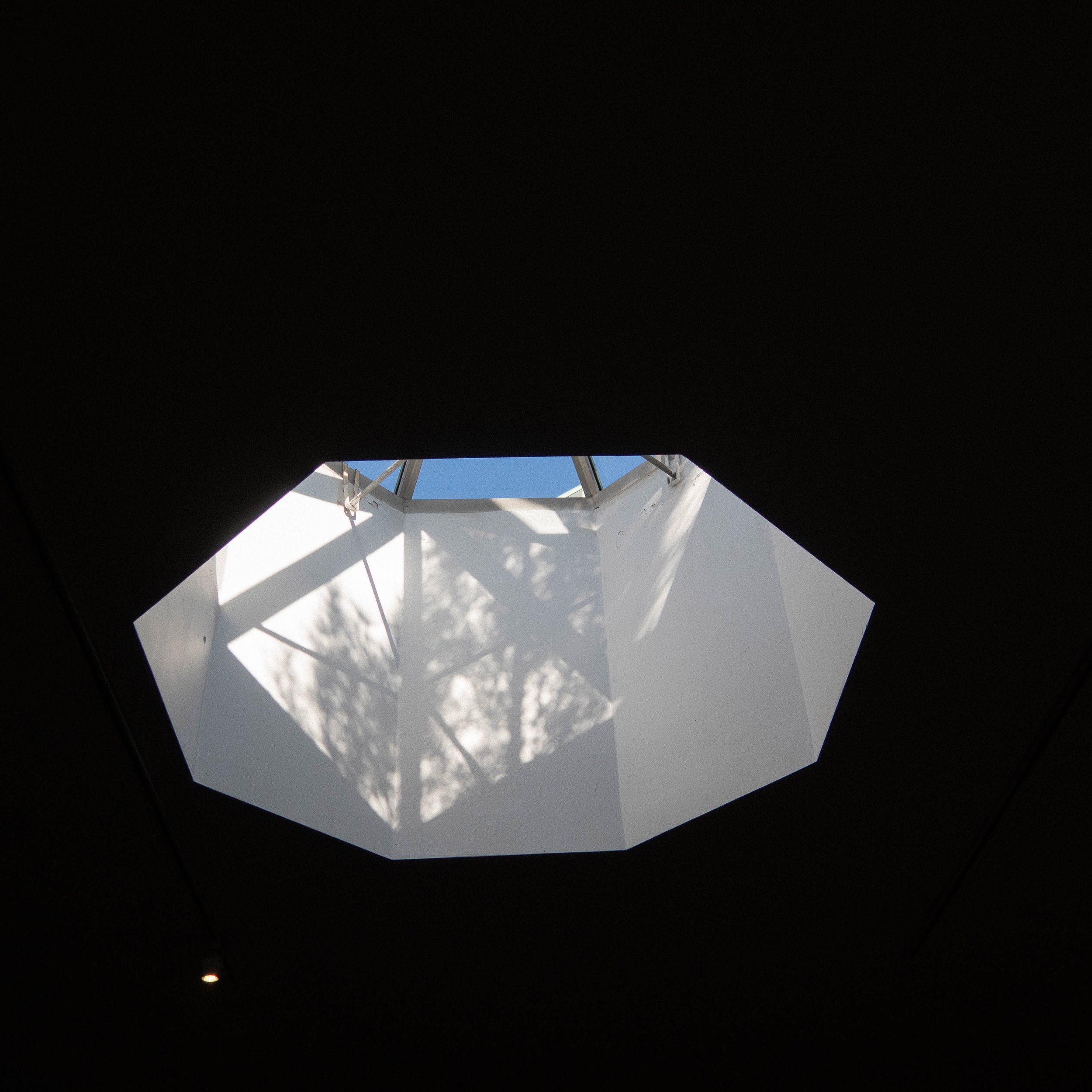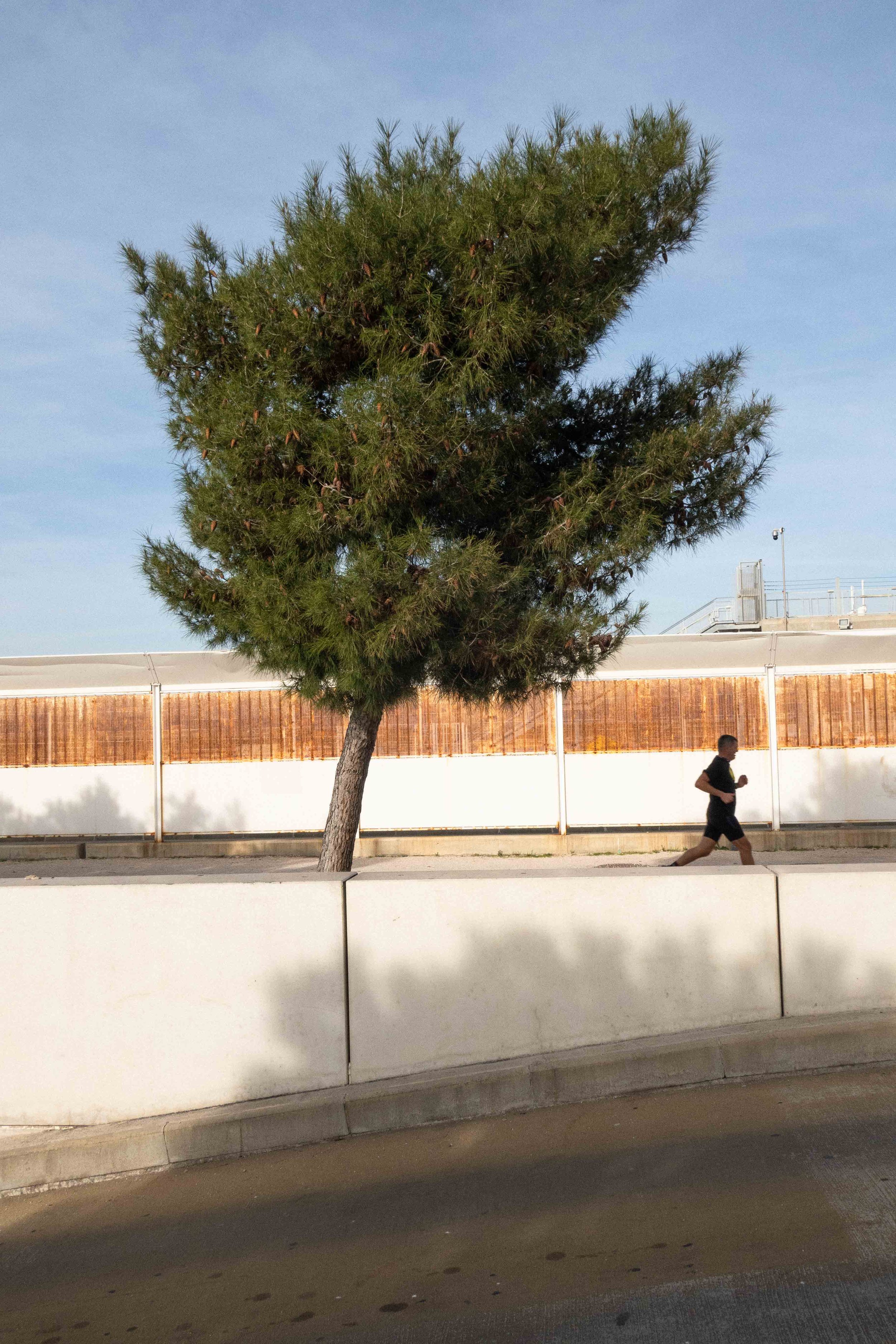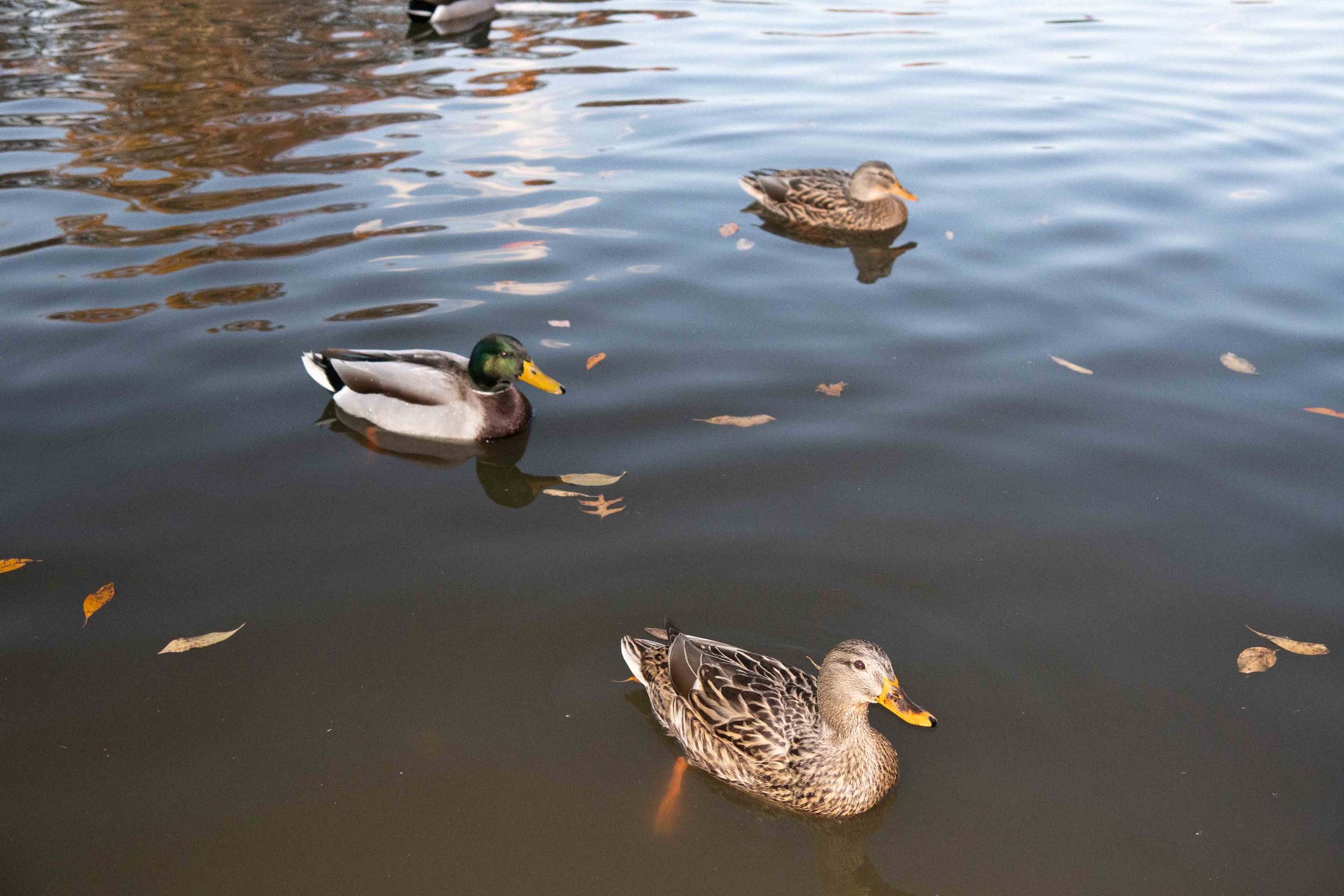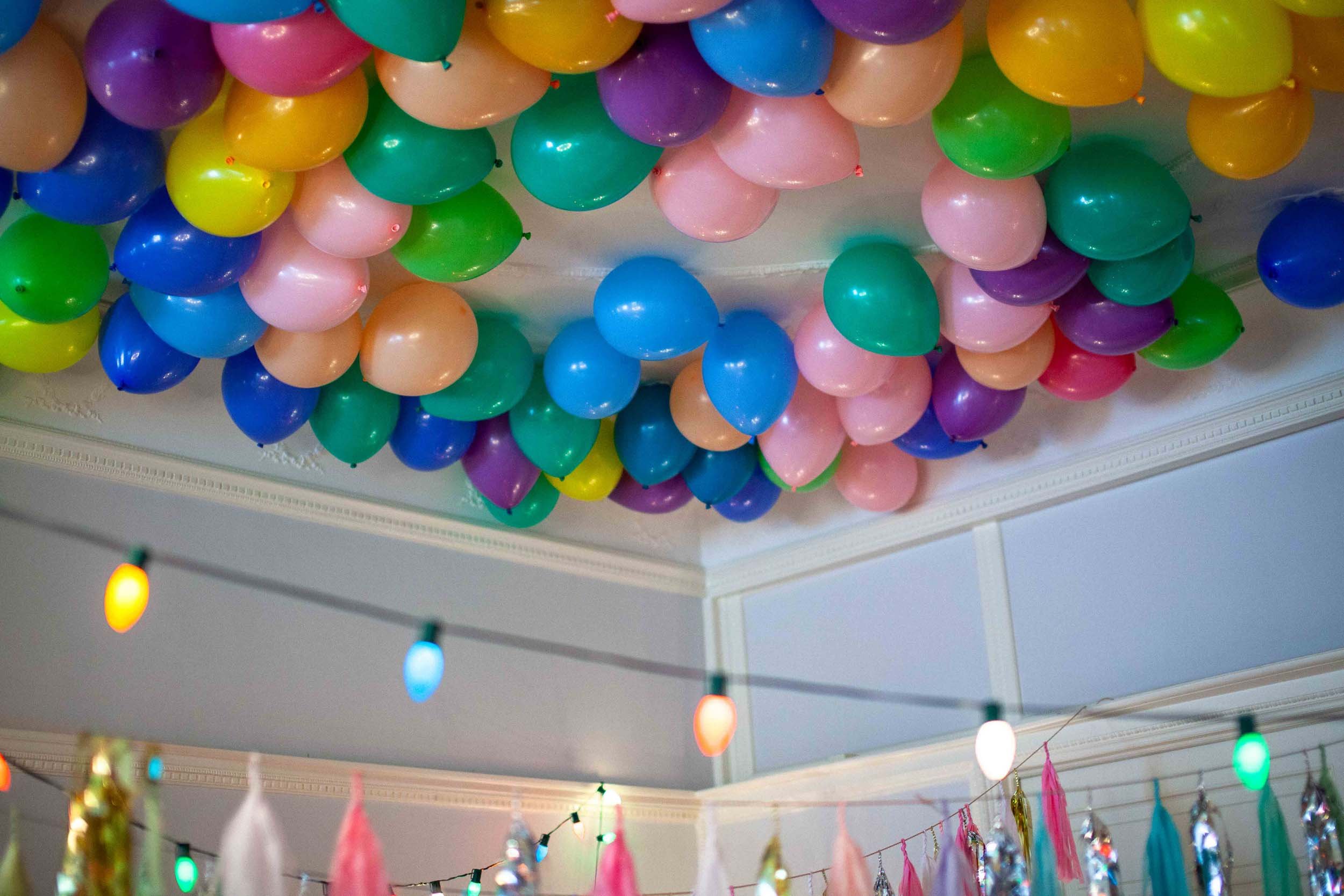Book
I’m writing a book! Writing it feels similar to those first few weeks after having a baby when I thought, “HOW HAS THE HUMAN RACE SURVIVED THIS LONG? DOES EVERY PARENT GO THROUGH THIS?” Incredibly hard and surreal, but also, so I hear, entirely possible.
COMING
2025
A SNEAK PEEK ↓
Hi there,
my name is Bree.
And I know for a fact that work can be fun.
My mom was a kindergarten teacher who spent decades teaching in room 109 at Hamilton School in Chicago. Starting when I was seven years old, whenever I had a day off school that she didn’t, I would head into work with her as her assistant teacher. It was my first “job.” Sure, the work was unpaid and acquired through nepotism and not really a job at all, but it was glorious! I thought up fun ways to teach handwriting. I was sent on important errands around the school. The kids all wanted to hang around me. I felt creative and useful and loved.
My mom had her ups and downs at work like any of us, but what I remember most is her coming home and saying, “I have the best days.” I can still hear her voice now as I type this.
My dad was the principal at Portage Park Elementary. What I remember most about visiting his school was how much he laughed with his colleagues. They looked like friends. I remember the fishing trips he would go on with the building engineer. Even after he retired, he and other school retirees would meet for monthly lunches simply because they enjoyed each other.
In other words, I grew up seeing that work was a place to have fun!
Well IMAGINE MY SURPRISE years later when I learned about 50-page slide decks with 10-point font, a standard two weeks of vacation, and not having time to pee between meetings.
What the hell is this?!
So much about the working world seemed patently ridiculous, if not outright dangerous. It’s not normal to not eat all day because you’re running from one thing to the next. It’s not normal to be up in the middle of the night worrying about an upcoming meeting. It’s not normal to devote the best parts of yourself to a job and then wonder if anything you did at work made an impact. It’s not normal to look at email before you look at the partner lying next to you in bed every morning. It’s not normal to forgo exercising and doctor’s appointments because they’re just too hard to fit in. It’s not normal to see kids and partners as distractions from work (“Sorry honey, I’m in the middle of this thing.”). It’s not normal to choose being high performing over happy. And it’s definitely not normal to wish away the workweek (“Just gotta get to Friday!”) when what we are really doing is wishing away 5/7ths of our lives.
Except that all of those things are perceived as being entirely normal.
I have lived this existence! Perhaps you have lived it, or are living it, too.
I’m not here to swing the pendulum from workaholism to “down with work.” Nor am I here to help leaders figure out how to get more work from their employees through the guise of engagement. I’m here to settle the pendulum in the center.
Work should be a source of joy because it’s fundamentally good, and it should be only one of many joys in our lives.
The prevailing opinion about work is that it’s, well, work. Behind every comment about being exhausted by Friday is a belief that work is extractive; that we empty ourselves for our employers in exchange for money; that we grin and bear the exhaustion so we can refill ourselves on our own time.
Most people faced with a terminal illness would eagerly trade all their dollars if it meant more time with their friends and family. And yet, in health, we so often trade our time with friends and family for money—and as we do, we wish away our days.
Indeed, we work for money. Everyone needs a living wage, and making that a reality is a book for a socioeconomic expert to write. What I’ve become fascinated by is why those who earn enough for the necessities of life are still unhappy in their work, their life, or both.
It’s not any one person that’s stuck in this trap. It’s a system, a culture, a lexicon, a shared belief that “work sucks” and we spend our time the way we’re told. In childhood, school bells drive our days, and when we grow up, our calendars become our overlords. We start to use words like “time off” and “break” as if work is our default mode and any time not working is time “away.” We ask each other if we feel refreshed after coming back from a “well-deserved” vacation as if the vacation existed only in relation to work: a reward for a job well done, or a means of refueling to do more work upon our return.
What a terrible way to think about our lives and our work!
I don’t want it to be that way, and I dare say, you don’t want it that way either. Perhaps surprisingly, companies shouldn’t either, and they’re catching on. The number of consulting engagements about culture, employee experience, and the future of work has skyrocketed. While the war for talent may ebb and flow with the unemployment rate, the battle for top talent is always hot. The irony is that if individuals are given the opportunity to work and live intentionally, organizations might realize they had top talent all along—that their people were just tired and a little resentful before.
I see a better way.



Seven Rules For Better Days
This list of rules is also the table of contents—one rule per chapter. Check out the book for the why and how of each!
Most work, most days, should be fun.
Your brain works whether you’re wearing a suit or stretchy pants.
Shoveling shit can be fun if you like your co-shovelers.
Make brilliant work. Don’t let busyness sabotage and normalness sabatage you.
Keep it cool. We’re all in it together.
You are the defender of date nights, crossword puzzles, and your health.
Get good at life, not just work.


Subscribe to the Newsletter!
A few recent posts:
-
#portfoliolife—because #iworkandcomehomelife just isn't as fun
-
The magic of a Do Nothing Day at work










